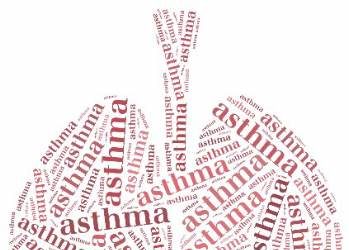FROM THE NEW ENGLAND JOURNAL OF MEDICINE
The herpes zoster subunit vaccine was effective and safe for adults aged 70 and older in a phase III manufacturer-sponsored clinical trial, which was reported online in the New England Journal of Medicine.
The ZOE-70 study (Zoster Efficacy Study in Adults 70 years of Age or Older) assessed an investigational herpes zoster subunit vaccine (HZ/su; manufactured by GSK Vaccines) for preventing shingles and postherpetic neuralgia in elderly adults. It was a randomized, double-blind, placebo-controlled trial involving 13,900 people in 18 countries in Europe, North America, Latin America, Asia, and Australia who received two doses of active drug (6,950 participants) or saline placebo (6,950) and were followed monthly for at least 30 months, said Anthony L. Cunningham, MD , of Westmead Institute for Medical Research and the University of Sydney, and his associates.
In total, there were 270 confirmed cases of herpes zoster during follow-up: 23 occurred in HZ/su recipients and 246 in placebo recipients. The incidence of herpes zoster was 0.9/1,000 person-years among people who were given the vaccine, compared with 9.2/1,000 person-years in those given placebo, for an overall vaccine efficacy rate of 89.8%.
The vaccine was similarly effective in preventing postherpetic neuralgia: There were 4 cases in vaccine recipients and 46 in placebo recipients, for an incidence of 0.1/1,000 person-years in the vaccine group and 0.9/1,000 person-years in the placebo group and an overall efficacy of 88.8% in preventing postherpetic neuralgia in people aged 70 years and older.
Vaccine efficacy didn’t differ significantly between younger patients aged 70-79 years (90.0%) and older patients aged 80 years and older (89.1%), indicating that there was no decline in efficacy with increasing patient age. This contrasts with the efficacy of the approved live attenuated vaccine (Zostavax), which declined with increasing patient age, from 70% in adults aged 50-59 years to 41% in those aged 70-79 years and to 18% in those aged 80 years and older, the investigators said (N Engl J Med. 2016 Sep 15. doi: 10.1056/NEJMoa1603800 ).
The rates of serious adverse events (16.6% of HZ/su recipients vs. 17.5% of placebo recipients) and potential immune-mediated diseases (1.3% vs. 1.4%) were similar between the two study groups. Reactions to the study drug were generally mild to moderate and were transient, and the frequency and severity of reactions didn’t increase significantly after the second dose. There was one death in the vaccine group that the local investigator considered to be related to the injection: a 90-year-old participant with preexisting thrombocytopenia was diagnosed as having acute myeloid leukemia 75 days after receiving the first dose and died from neutropenic sepsis 97 days after that dose.
This study was supported by GlaxoSmithKline Biologicals, maker of the HZ/su. Dr. Cunningham reported receiving consulting fees from GSK, Merck, and BioCSL/Seqiris; his associates reported ties to numerous industry sources.





